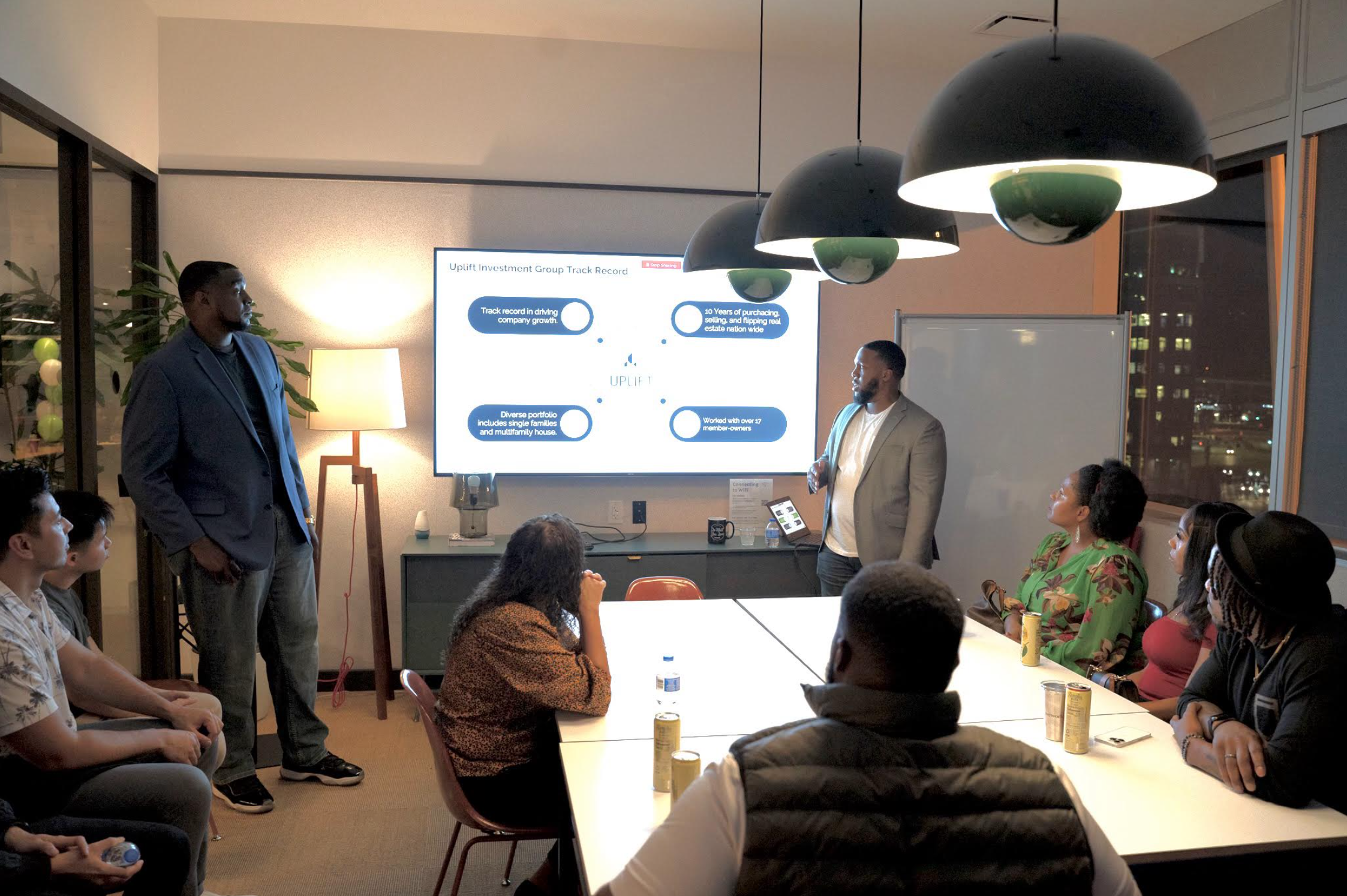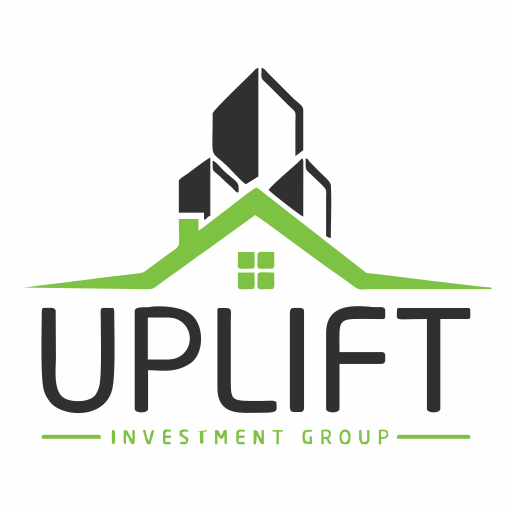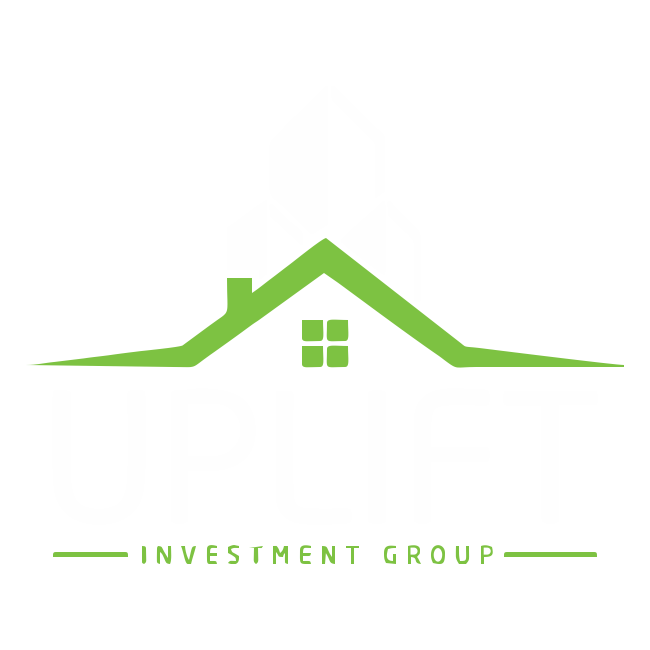Media Release

2023 Community Wealth Building Pilots: Building & Retaining Wealth Among African American Legacy Homeowners in Seattle
“Around 2018, when Caleb’s family decided to develop or sell his grandparents’ duplex in Seattle, Caleb connected with a developer who offered to buy the property from Caleb’s uncle for $150,000 and give Caleb a $1500 commission. Fortunately, Caleb knew how much the property was worth. He knew the property behind it had recently sold for $900,000 and that any developer would likely make $1.5 million or more on his family’s property. This experience seeded the idea for a community outreach initiative designed to assist historically displaced communities in Seattle in maintaining their homes and building generational wealth.”
Read More Here

